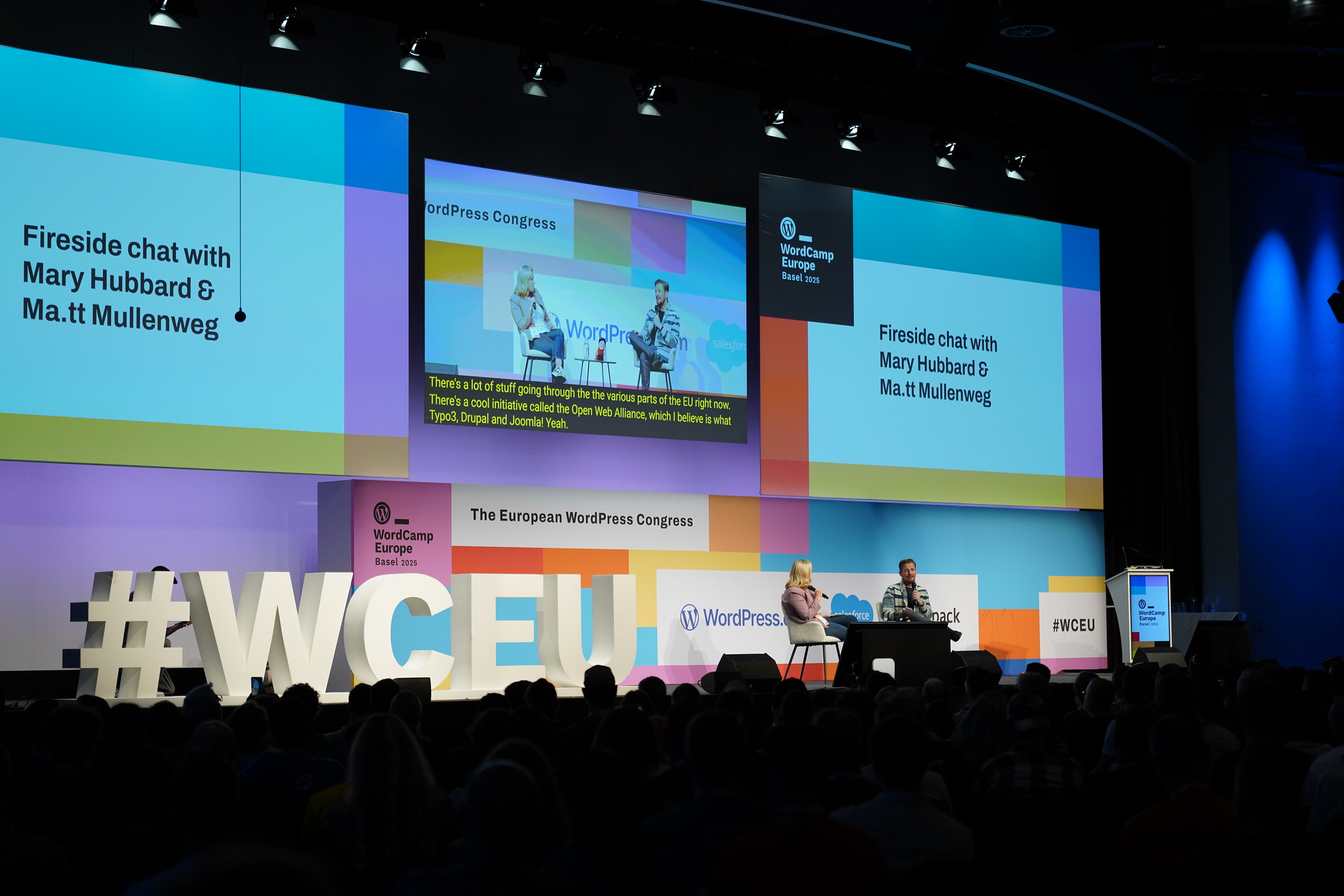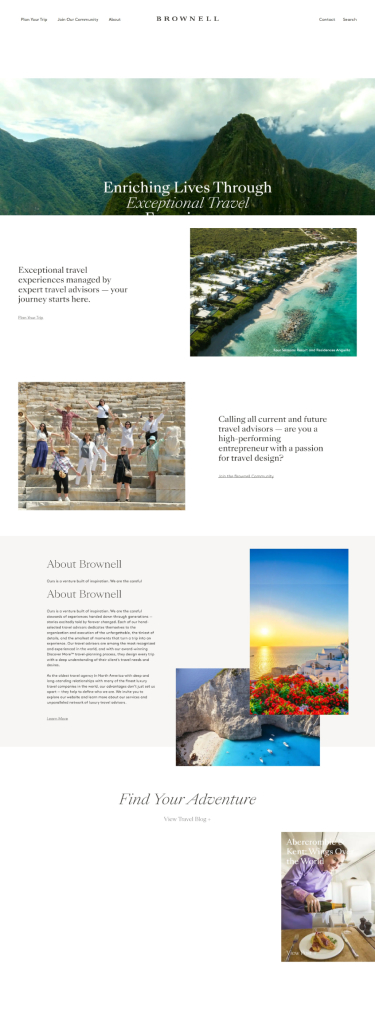From June 5 to 7, WordCamp Europe 2025 took place – this time in Basel, Switzerland. Around 2,000 people from 84 countries attended the event. It was also streamed online, and recordings of all sessions are available on WordPress.tv – so it’s easy to revisit the key topics even if you weren’t there in person.
Contributor Day – more than just open source in practice
The first day was dedicated to contributing to the development of WordPress. Attendees could join one of several contributor teams and work together on code, documentation, translations, UX, or performance testing. The event was well-organized – anyone could take part, regardless of their open source experience.
It was a great opportunity to see how the WordPress project works from the inside and how international teams collaborate. For many, it was the first step toward becoming more actively involved in the community.

Photo: Sathwik Prabhu
Talks and workshops – practical insights and current topics
Over the following two days, there were 45 sessions and 4 workshops led by 52 speakers from 23 countries. Four key themes stood out:
- Artificial Intelligence – AI is everywhere now, and its use in frontend JavaScript is growing rapidly. But where is this going, and how will it shape the future of websites? In a session led by Jason Mayes, attendees learned how to use Google’s latest generative AI models that run entirely in the browser (without the cloud) to automate common tasks and significantly speed up work on any website – gaining a competitive edge.
- Automation and CI/CD – Developer tools, unit testing, and team workflows. The workshop “Building automated tests with WordPress Playground” showed how to create integration and end-to-end tests for WordPress-based sites.
- Changes in Google Search – The impact of AI-generated answers on search traffic and the future of SEO. In a session led by John Mueller from Google, it was emphasized that valuable websites still matter, but short, surface-level content (300–400 words) may no longer be enough – the importance of quality and content depth is growing.
- Accessibility – Especially in light of the upcoming European Accessibility Act, which will take effect in the EU in 2025. In the panel “Prepare for the EAA in less than 3 weeks,” specific requirements were discussed, such as the need for video captions or full keyboard navigation. Speakers warned that failure to comply could result in financial penalties.
The EAA was a recurring topic across several sessions and was taken seriously – not just as a challenge but also as an opportunity to improve project quality. If you’re interested in this topic, check out our earlier article: [link to blog].
Fireside chat and a look into the future
An added highlight was the conversation between Matt Mullenweg and Mary Hubbard, which summarized future directions for the WordPress ecosystem. Topics included planned improvements to the plugin directory, a new contribution points system, and continued development of security-related tools.
Expo – tools, hosting, support
The expo area was well-prepared – featuring both major players (Google, Yoast, Hostinger, Kinsta, Elementor) and smaller teams. It was a chance to discover new solutions, talk with plugin creators, and explore trends in hosting, security, and project management.
It was a great opportunity to get inspired, learn more about the market, and meet interesting people.

Photo: Chris Clarke
Networking and atmosphere
The atmosphere was casual and encouraged conversation – no corporate stiffness. Networking happened naturally – during breaks, lunch, or evening outings. For IT folks who may not enjoy formal integration formats, this was a big plus. The conversations were meaningful, focused, and often very helpful.
What’s next?
WordPress is evolving. It’s responding to AI, automation, growing accessibility demands, and a new approach to search engines. At the same time, it maintains its open-source nature and a strong, active community – still its greatest asset.
It’s worth noting that traditional websites may lose some relevance in the coming years – partly due to changes in Google Search – but that doesn’t mean the end of WordPress. Instead, the focus is shifting: API-first, unique content, and AI integration will all play increasingly important roles.
WordCamp Europe 2026 will take place in Kraków. It’s worth staying tuned – maybe we’ll meet there! 😊







